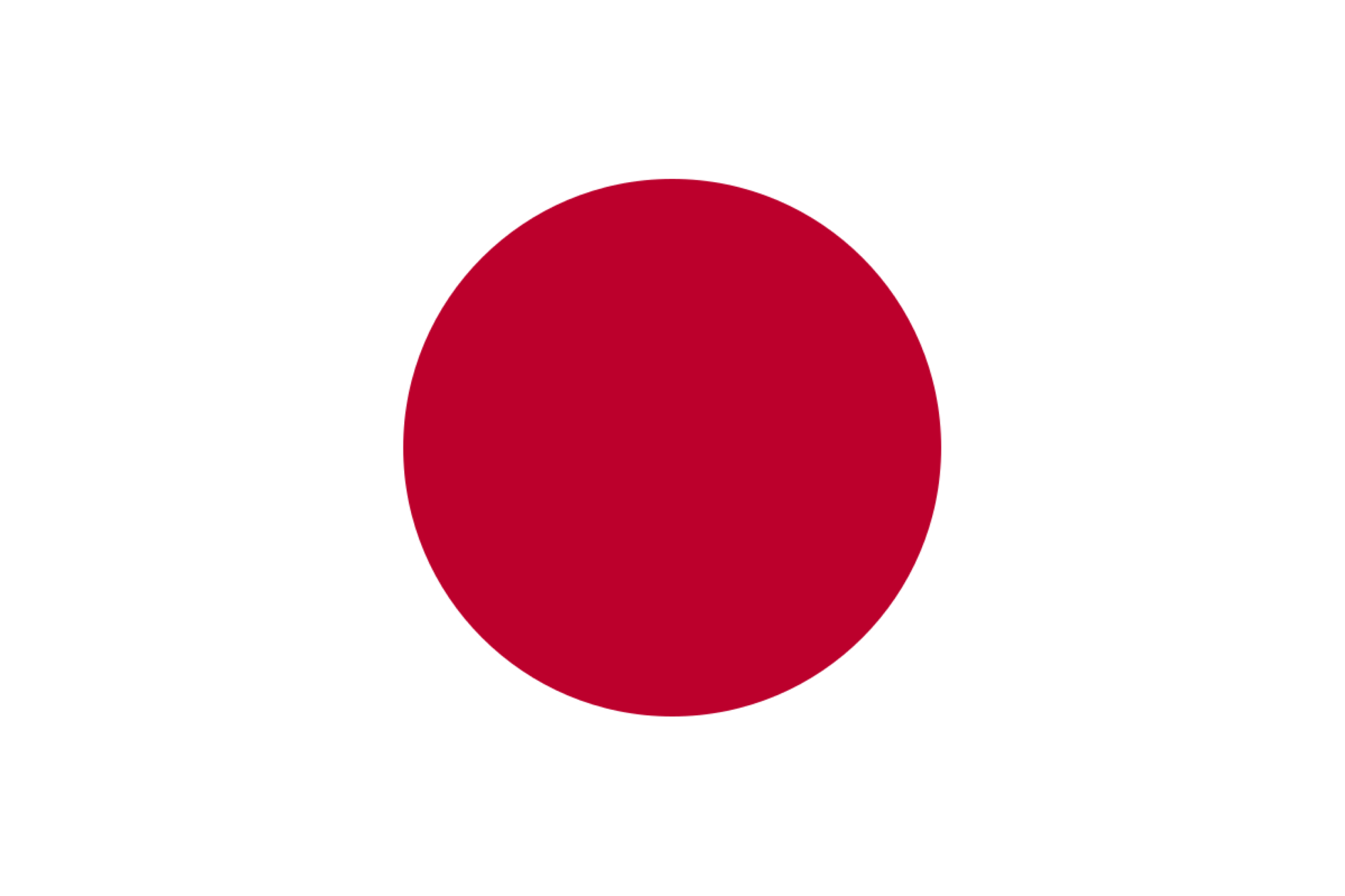
Japan is an archipelago in the far east, located in the Pacific Ocean, made up of 4 main islands (Honshu, Hokkaido, Kyushu, and Shikoku) plus many smaller islands. the nation is famous for its rich cultural heritage, cutting-edge technology, beautiful natural landscapes, and deep-rooted traditions. It is the third-largest economy in the world by nominal GDP, and a constitutional monarchy with a parliamentary government. Tokyo (Japan's capital) is one of the most populous urban areas in the world. Originally a small fishing village called Edo, it became the imperial capital in 1868 when Emperor Meiji moved the seat of power from Kyoto, where it now serves as the political, economic, and cultural centre of the country. Additionally, the city is known for its skyscrapers and advanced infrastructure, landmarks like the Tokyo Tower, Senso-ji Temple, Tokyo Imperial Palace and Meiji Jingu Shrine, and world-class cuisine, ranging from sushi to ramen.
Due to its location along the Ring of Fire; earthquakes, tsunamis, volcanic eruptions, typhoons, and flooding.
In Kyoto’s Gion geisha district, tourists entering prohibited private alleyways or taking photos without consent may face fines around ¥10,000 (~£50) and even possible bans, and at Mount Fuji and similar sites, violations like overcrowding or littering can trigger capped entry systems or entrance fees (e.g., a ¥2,000 (~£10) fee - not strictly a fine, but enforced penalties if rules ignored). Also, Jaywalking (crossing roads outside designated crosswalks and/or against signals) can lead to fines ranging from ¥2,000 (~£10) to ¥50,000 (~£253), eating while walking, blocking traffic for photos, or speaking loudly on public transport are discouraged and may result in warnings or fines (primarily in crowded or protected zones), and oversized luggage on Shinkansen without a reservation could trigger a ¥1,000 (~£5) surcharge per large item (over 160 cm).
Illegal parking is strictly enforced; fines or towing are common. So, use paid or designated parking lots. Urban parking can be expensive, often several hundred yen per hour, but more affordable or free parking is available in smaller towns or at rural attractions.
As part of the Road Traffic Act, drivers need to be respectful, polite and considerate to everyone on the road, including pedestrians. Driving through a puddle that splashes a nearby walker can result to a fine up to ¥7,000 (~£35), even more for damage costs for the pedestrian’s clothing and properties.
The official language of Japan is Japanese, but Ainu and Ryukyuan languages are also spoken.
For tourism, business (without paid activities), conferences, or short-term study (less than 90 days), a visa is generally not required. However, However, if the stay exceeds 90 days, or if engaging in paid work, a visa is necessary. For stays longer than 90 days, you'll need to apply for an extension at a regional immigration bureau before the initial period expires.
Driving is on the left-hand side in Japan. You must carry an International Driving Permit (IDP) based on the 1949 Geneva Convention, alongside your valid home country licence. The IDP is valid for up to one year from your arrival in Japan. The minimum driving and renting age in Japan is 18, but some rental companies may require drivers to be at least 20 to rent, or impose drivers under 25 to pay young driver fees.
Most expressways are toll roads. The ETC (Electronic Toll Collection) system is common. It links to your credit card, allowing drivers to breeze through toll gates. Some rental agencies offer ETC cards for tourists. There's also the Japan Expressway Pass: allowing for unlimited expressway access (e.g., 7 days for ¥20,000/~£100 or 14 days for ¥34,000/~£171).
Petrol is usually labelled as Regular (レギュラー), Diesel, or High-Octane (ハイオク), so check before re-fuelling. Rural/self-service stations may accept cash only, so keep some yen handy. Additionally, expressway stops may charge more for fuel.
Be mindful of unique signs, like the red inverted triangle for 'STOP' (止まれ).
The legal drinking age is 20 years old, with the legal BAC limit being 0.03%.
Seatbelts must be worn by all passengers, front and rear.
Kids under six must be secured in a child seat.
Check out more of our Country Guides: